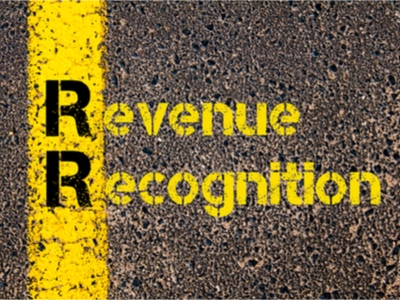Last Friday, the SEC issued two releases regarding guidance on revenue recognition, along with a related Staff Accounting Bulletin. These releases are notable for all SEC registrants, as they update prior revenue recognition guidance.
First, the SEC updated its guidance for criteria to be met in order to recognize revenue when delivery has not occurred, i.e., bill-and-hold arrangements. The SEC’s guidance now follows that of the Financial Accounting Standards Board (“FASB”) Accounting Standards Codification (“ASC”) Topic 606, Revenues from Contracts with Customers. Per ASC Topic 606, revenue may be recognized when or as the entity satisfies a performance obligation by transferring a promised good or service to a customer, and a good or service is transferred when the customer obtains control of that good or service. In the context of bill-and-hold arrangements, ASC Topic 606 provides specific guidance that certain indicators must be met to show that control has been transferred, including: (i) a substantive reason for such an arrangement where the customer has declined to exercise its right to take physical possession of that product; (ii) the product must be identified separately as belonging to the customer; (iii) the product currently must be ready for physical transfer to the customer; and (iv) the entity cannot have the ability to use the product or direct it to another customer. Until a registrant adopts ASC Topic 606, however, it should continue to follow the older guidance for revenue recognition. In conjunction with the SEC’s release, the SEC’s Office of the Chief Accountant and Division of Corporate Finance also released a bulletin that brings existing SEC staff guidance into conformity with ASC Topic 606.
The SEC also published new guidance with respect to accounting for sales of vaccines and bioterror countermeasures to the Federal Government for placement into the pediatric vaccine stockpile or the strategic national stockpile. In light of the updated ASC Topic 606 referenced above, the SEC states that vaccine manufacturers should now recognize revenue and provide disclosures when vaccines are placed into Federal Government stockpile programs because control of the enumerated vaccines (i.e., childhood disease, influenza and others) will have been transferred to the customer.











